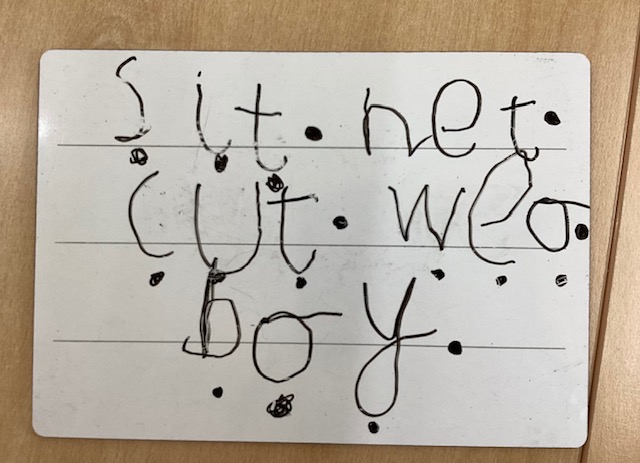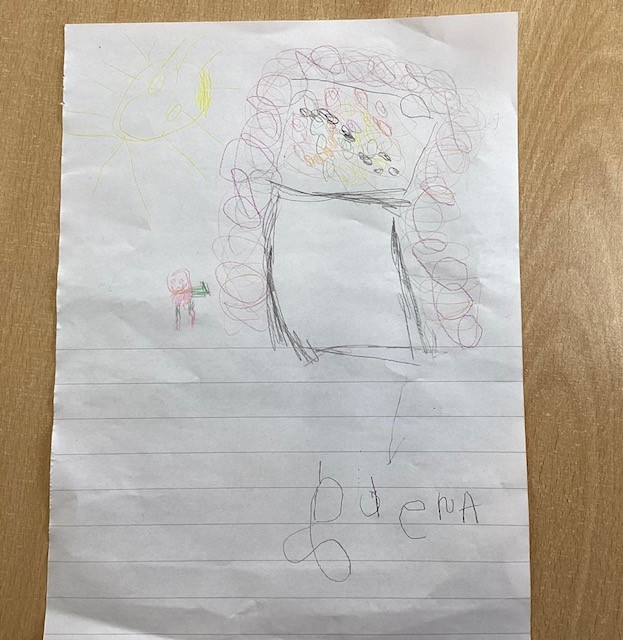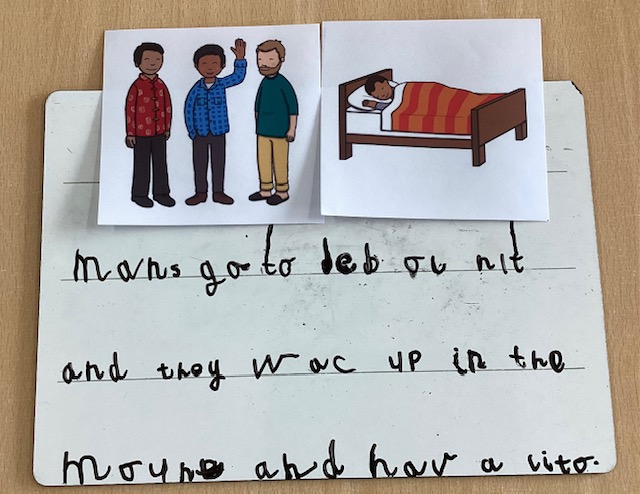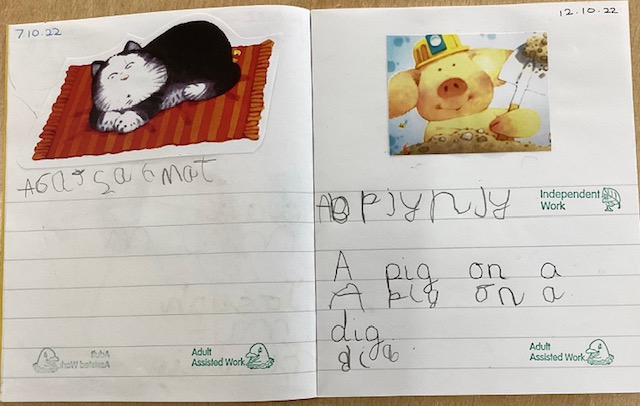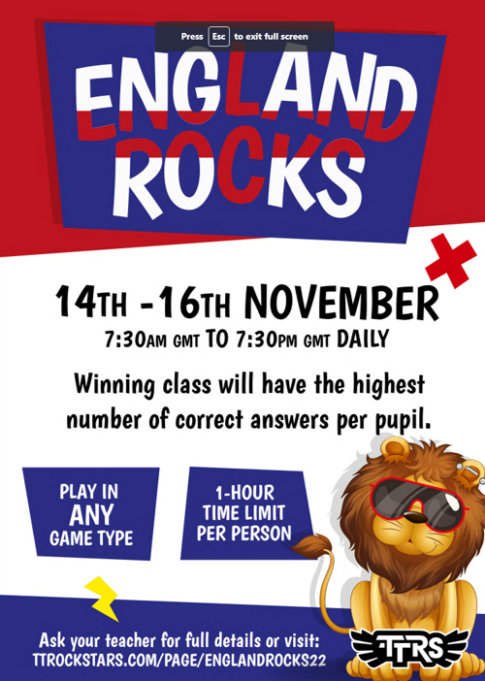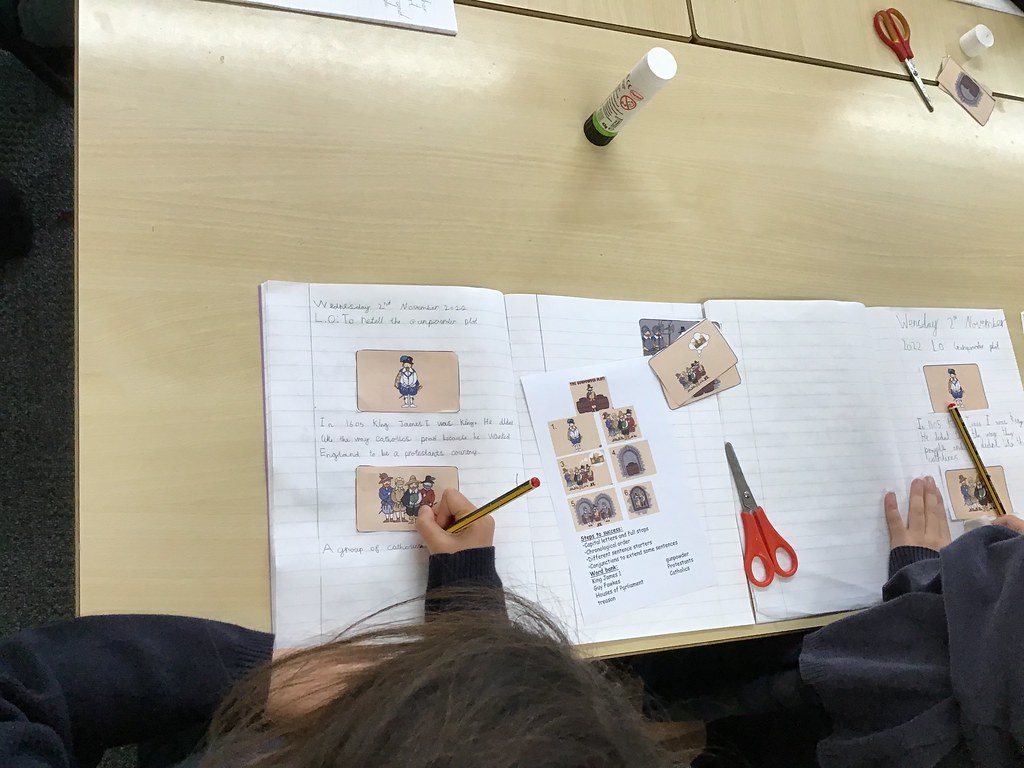JUNIOR DEPARTMENT NEWS
Message from Mrs McIntosh
‘One child, one teacher, one book, one pen can change the world.’ Malala Yousafzai
Teaching children to write is one of the privileges of working in the Junior Department. Watching the children grow and develop in confidence and independence is wonderful to see but, of course, it takes a lot of skill to help the children along their writing journey.
The Early Days

They will have explored mark-making and used and played with words and language in so many different ways. I always tell parents that speaking must come first. If they can’t talk about it, they won’t be able to write it!
When the children start to write it is about being able to form the individual letters. They need to make a connection between the sound of the letter, the phoneme, and the shape the letter takes, the grapheme. Children in Reception need daily practice in recognising these and so they will enjoy activities where they have to find the g, the m, the y and so on. They will also regularly write the letter shapes, not only in their books but on small whiteboards or in the sand or even in shaving foam! The more multi-sensory the better!
They need to be very secure with knowing what each grapheme looks like so that they can recall each of the 26 shapes automatically and with ease.
The next stage is to begin to segment the sounds for spelling. This means that when they want to write a word they can identify each sound within the word h-e-n or s-t-o-p and they can remember them and write them down. The vast majority of our Reception children, who have only been in school for seven weeks can now do this. How incredible!

With the introduction of sentences, we begin to teach the children about capital letters and full stops. They won’t begin to master these properly until the end of Year 1 or even into Year 2 but the concept and recognition starts now.
They also need to generate ideas and think about what they actually want to write. The use of picture prompts and visual stimuli or re-telling familiar stories helps with this.
Did you know that in Reception alone they will write:
- Stories
- Poems
- Postcards
- Lists
- Recounts
- Fact sheets
- Recipes
- Letters
Wow! There is already so much to think about isn’t there? There is no doubt that learning to write is hard but here in the Junior Department we enjoy the challenge, both as students and teachers and we hope you enjoy seeing them develop too and we value what you do at home as well. It is most definitely a joint effort.
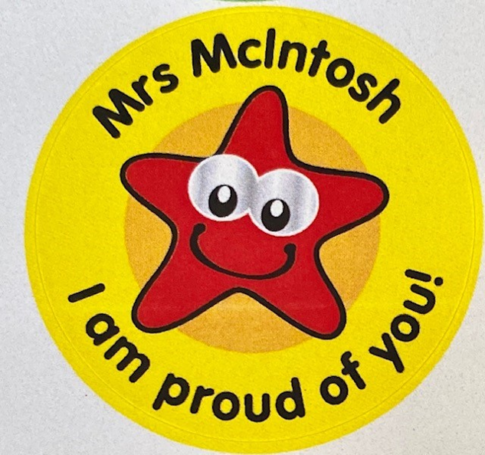
Have a lovely weekend, and do ask your children what they have written about this week!
Mrs McIntosh

 ">
">
